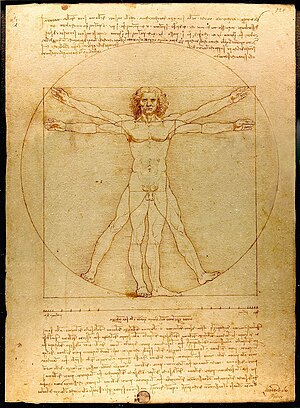"The greatest benefit of the astronomical sciences is to have dissipated errors born of ignorance of our true relations with nature, errors all the more fatal since the social order must rely solely on these relations. Truth and justice are its immutable bases. Far from us be the dangerours maxim that it may sometimes be useful to deceive or to enslave men the better to insure their happiness! Fatal experiences have proved in all ages that these sacred laws are never infringed with impunity."
E.T. Bell, in his "Men of Mathematics" scholarly further observes an analogous quote made by Laplace decades later,
"Let us conserve with care and increase the store of this advanced knowledge, the delight of thinking beings. It has rendered important services to navigation and geography; but its greatest benefit is to have dissipated the fears produced by celestial phenomenon and to have destroyed the errors born of ignorance of our true relations with nature, errors which will soon reappear if the torch of the sciences is extinguished."
Most mathematicians today deride E.T. Bell's "Men of Mathematics." They'd say it's not technical enough. They'd further say his "Development of Mathematics" isn't technical enough. They'd point out that John Stillwell's technical histories are far better. I've read Mr Stillwell's "Mathematics and it's History". I find it's modern alternative proofs that allows him to smooth over past difficulties, and his choice of easy proofs which allows him to cram lots of mathematics in five hundred pages to be more of a "Naive technical mathematics history." Mathematicians like to make "Naive" as they call it mathematical expositions; these are books that have found easier roads for mathematians to get through a certain amount of mathematical material, and allow them to get on with mathematical research. See Paul Halmos's "Naive Set Theory." John Stillwell's "Mathematics and it's History" also doesn't get into nearly as much analyses of the 1900s much less 1800s that E.T. Bell does in Bell's "Development of Mathematics." When you consider how much mathematical history E.T. Bell stuffs in "The Development of Mathematics", John Stillwell's "Naive technical history" is hardly an improvement. This doesn't mean that John Stillwell's books are not fun and good; but, they have their problems as well; they're more a watered down technical history in my opinion(see Van Der Waerden's 'Science Awakening" for a great technical history of ancient mathematics and compare to see what I mean).
For the longest time, even I agreed that E.T. Bell's "Men of Mathematics" isn't technical enough; but, I've just started to reread it, and am finding great scholarlship that isn't found in his "Development of Mathematics". With the arguement above, this all comes to show that the amount of scholarship in the history of mathematics is large enough that neither E.T. Bell, John Stillwell, and even Van Der Waerden combeined cannot do it all justice(the history of mathematics); but, they are all noble attempts. So far, I'm only disappointed with E.T. Bell's account of Leonard Euler in his "Men of Mathematics"; E.T. Bell does a much better job of analyses in his "Development of Mathematics."
Getting back to Laplace,
The quotes above are interesting in the light of that Laplace started out with theology which just about every mathematician back then and before him often did; only, with these mathematicians, often, within a year or so, they found mathematics one way or another. Laplace appears to be a mathematicians with a thick skin(actually, all mathematicians seem to have thick skins); when Napolean Bonaparte took a look at Laplaces five volume "Celestial Mechanics", he asked why there's no mention of the creator; Laplace told him straight in his face, "There's no need of such a hypotheses". This is the beginning of atheism in many scientific humanists scholarly explorations. When Napolean when to bring this up to Lagrange, Lagrange responded with his "I don't know" responce to all religious inquiries. Curiously perhaps, when Napolean was arrested and sent to prison, Laplace just signed off to sent him to prison and switched allegiance to Louis the XVIII.

No comments:
Post a Comment